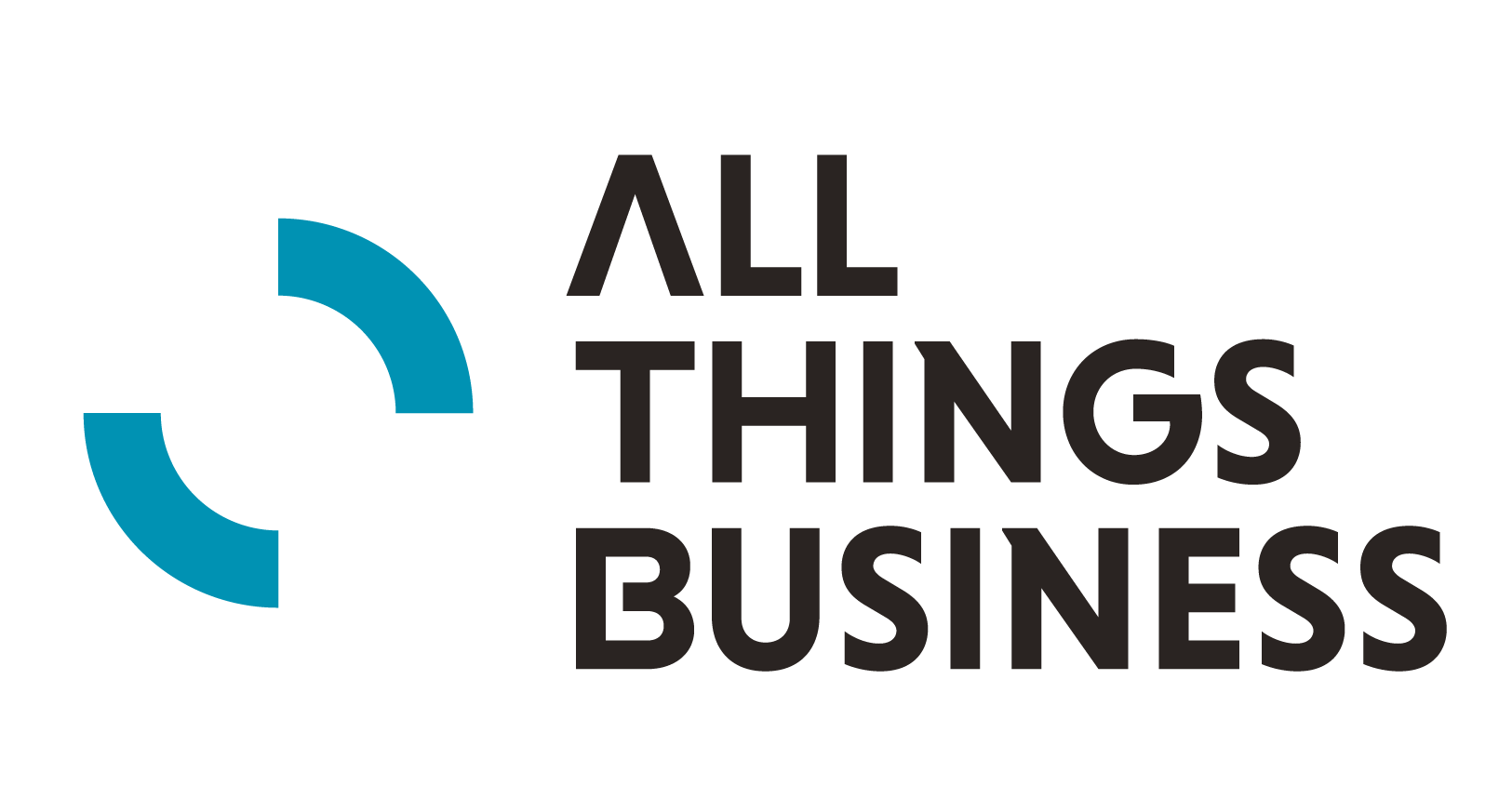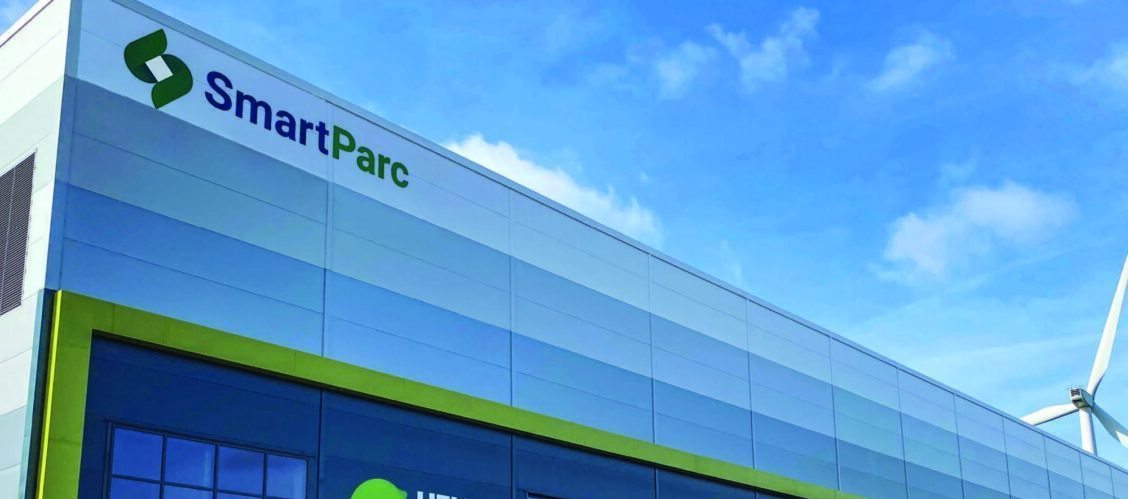The food industry is in a state of change. Global crises in recent years, especially the pandemic, followed by the ongoing war in Ukraine, have highlighted the fragility of food supply chains and the urgent need to modernise outdated and inefficient food systems. According to the UN, current food production levels will need to double by 2050 so we can feed an ever-growing population. At the same time, we must minimise the substantial impact the food industry continues to have on the environment, contributing as much as 25 to 30% of total greenhouse gas emissions. The challenge has never been greater.
The solution must be a collective one, bringing food businesses, small and large, together to champion a ‘new order’ for food. SmartParc does just that, offering a fresh opportunity for forward-thinking food businesses to grow in a more sustainable and collaborative way. At the same time, it offers cities and regions across the UK the chance to regenerate their economies and boost local communities by creating new jobs. This exciting new type of food park is reinventing food production for the 21st century.
SmartParc is the culmination of a long-term vision held by businesswoman Jackie Wild. Following a long career in the food industry it became increasingly evident that radical change is required to safeguard its future. Having worked as a main Board Director of a £1.5bn food group, she co-founded leading international design and construction group TSL and now also leads SmartParc.
The first park, SmartParc SEGRO Derby, is already well under way with HelloFresh as anchor tenants, commencing production in April 2022. With the support of both national and regional governments, SmartParc has revived the 155-acre former Celanese site in Spondon, Derby to make it fit for the future.
SmartParc is already looking to put six more food parks across the UK. It is also engaged in active and advanced discussions to put its first international park in Canada, with others in Ireland and Central Europe. Eventually, Jackie and her team hope to make transformative change in the developing world too, using their new model to solve major food security issues.
A core element of the SmartParc concept is the idea that shared services make sense. Food production facilities are big users of utilities, which is why each SmartParc will provide easy access to shared non-competitive services, including green energy, water and effluent. This sharing model helps to reduce operating costs for tenants by up to 20% and provides business optimisation through design, increasing operational efficiency by up to 30%. Jackie’s team also has plans for a shared logistics hub on each site, which will further reduce operating costs, food miles and open access to local and national markets.
Another key point of difference is SmartParc’s green energy platform, delivering cost savings through a mixture of generating technologies. It is stimulating great interest from businesses searching to develop their corporate ESG agendas linked to net zero. Significantly, the team are putting solar panels onto the roof of every building at SmartParc SEGRO Derby and recycling the heat that comes off refrigeration plants. They then use this to heat water and provide heating for offices. Their energy balancing delivery solution combines maximum future proofing of a system – with an ability to connect future innovative technologies – whilst delivering for SmartParc tenants as soon as their unit is up and running.
Knowledge sharing and nurturing talent within the industry will also be a fundamental part of SmartParc’s mission. This is why they plan to build a Food Manufacturing Innovation & Technology Centre on site at Derby, with similar facilities at future parks, to provide a dedicated space for university research teams, ambitious food and drink SMEs and food training companies to collaborate and share ideas. With shared office and social spaces alongside food production facilities of varying sizes, food entrepreneurs will be able to work closely with academics and more established producers, all in one place. The team’s aim is that this will give those harnessing new technologies, including cellular agriculture and vertical farming, both the space they need to grow, as well as a more secure route to market.
Ultimately, SmartParc provides a dynamic environment to challenge outdated food manufacturing systems with an ethos of collaboration and innovation at its core. Crucially, however, it also represents an entirely new asset class in the commercial property sector. Together, this makes it an investable model for change in a sector which affects us all.
For more information visit smart-parc.com

